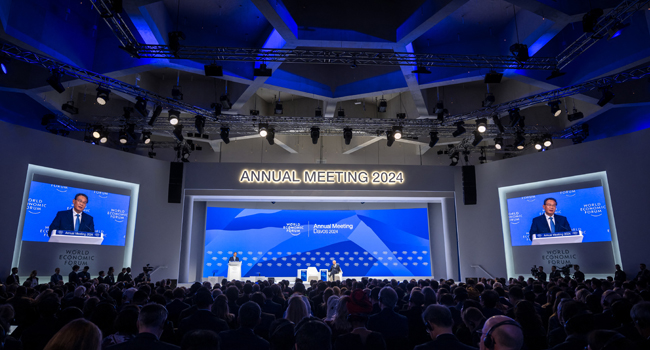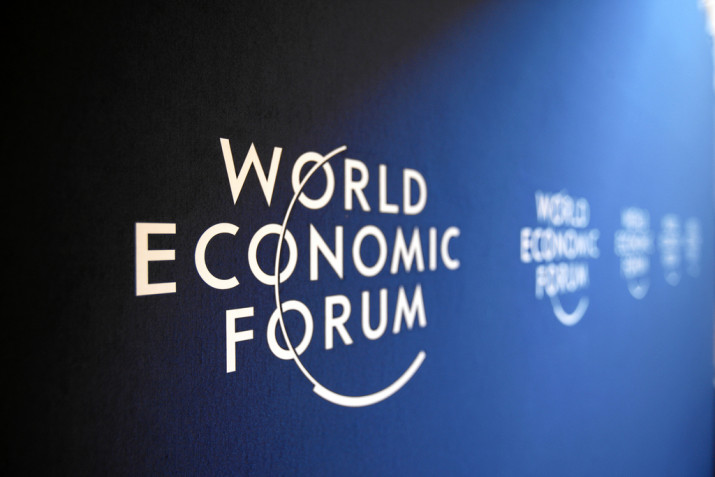
A communication consultant for the WEFA, Zainab Usman, on Wednesday, said that with adequate reforms and commitments by the government, the inclusive growth that the forum dwelt on would be achieved, with more jobs created for African youths.
At the 24th meeting of the WEFA held in Nigeria between May 7 and 9, several financial commitments were made capable of reducing poverty in Africa and improving Africans’ living standard.
China pledged to increase its credit line to Africa from $20 billion to $30 billion while Dangote group pledged to invest about $16 billion in the Nigerian economy in his petrochemical plant.
Needed Political Will
In the education sector, at least 20 million dollars was pledged for the Safe School Initiative aimed at ensuring that schools in Nigeria’s north east are safe for students.
For all these funds coming into Africa to yield needed results, Zainab said the government must have the needed political will to take needed decision that would ensure that these funds are well deployed.
“There is a link between the bureaucratic processes in Nigeria and other African countries and how they are able to access or utilise funds but reforming the government or public sector institutions is not just an easy process. It is not something that can be easily carried out just because the fund has been made available. It requires a lot of political will in making the environment conducive for business to thrive.
“Things like speedy registration of companies and ensuring that the workforce is efficient and effective and not bloated should be looked into. If we want efficiency we will have to take some hard decisions that will help transform the system,” she said.
Inclusive Growth
She, however, expressed optimism that expected results would be seen based on the level of commitment shown by local and foreign investors at the forum.
“We have seen a lot of commitment from participants at the forum, from policy makers, civil society and the private sector. We have seen commitment in terms of healthcare, power and agriculture. We have the Go Africa Initiative. We have seen commitment in education, with the Safe School Initiative, focusing on the north east.
“Yes there have been quite a lot of commitments by the private sector both local of foreign.
“The government should have the right regulatory framework and policies that would enable these investments grow. It is supposed to be a synergy between the private sector and the government,” she said, stressing that for the private sector actors to be able to redeem pledges made, they also require the government to create a conducive environment. “The government has to be an active partner in this”.
Zainab explained that the Go Africa Initiative is looking to involve small holder farmers or people at the grassroots for the inclusive growth to be achieved in high scale.
With initiatives in education, access to financing will ensure that the people at the grassroots are able to partake in the growth.
“The plan is to move away from previous approaches so they are involving more persons. The realisation is that unless you include ordinary people in the growth process the inclusive growth that we seek would not be achieved”.
Africa has grown in the past decade but the growth is only proportionate to just a few people and the need to make it inclusive was emphasised at the forum that had over 1,100 participants from over 80 countries in attendance.
The forum had emphasised that to include the mass majority of people in the growth, it is important to ensure that they have access to adequate information, education and healthcare.




